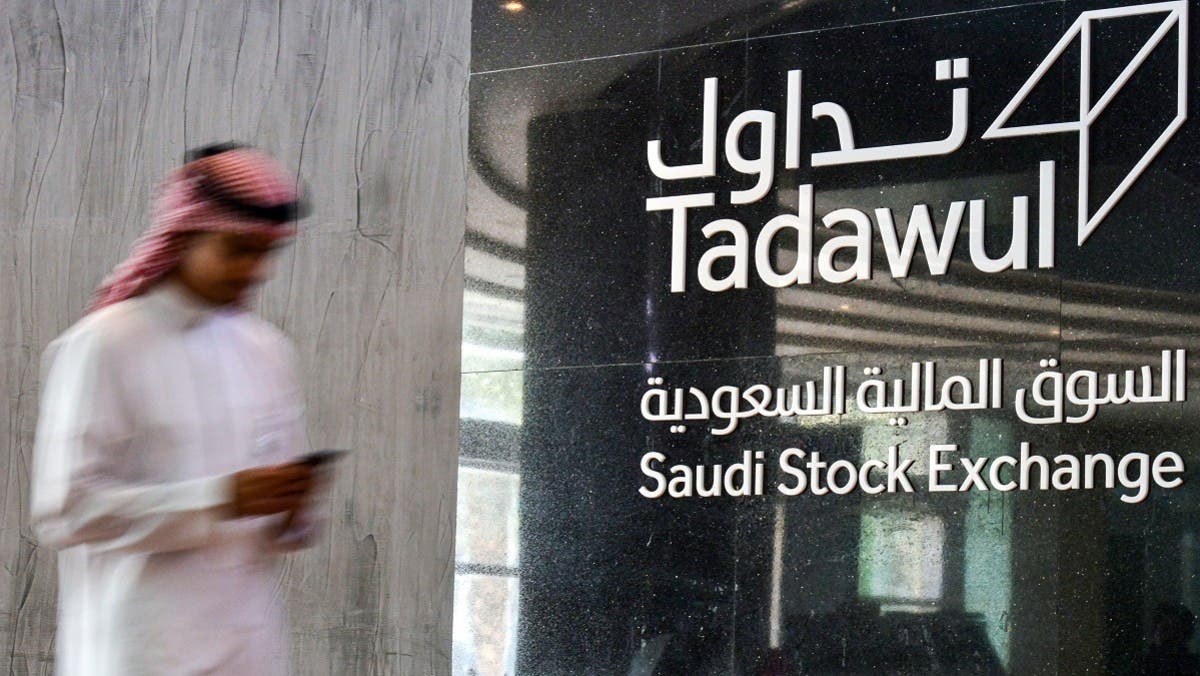Saudi Arabia’s sovereign wealth fund is planning to plow deeper into public markets this year by investing about $10 billion more into listed stocks, according to people familiar with the matter, as it pursues the goal of more than doubling its assets by 2025.
Chaired by Crown Prince Mohammed bin Salman, the Public Investment Fund is looking to buy global stocks based on a thematic strategy that focuses on areas including e-commerce and renewables, the people said, asking not to be identified as the information is private.
The spending on global stocks is in addition to the fund’s direct investments in international firms and its local deals, the people said. A spokesman for the PIF, as the fund is known, declined to comment.
The Saudi wealth fund has amassed around $500 billion in assets, taking an increasingly prominent role in global markets since receiving a $40 billion transfer from the kingdom’s reserves in early 2020 when the pandemic sent equities into a tailspin.
For the latest headlines, follow our Google News channel online or via the app.
It used the money to buy stakes in companies including Citigroup Inc., Facebook Inc. and cruise-ship operator Carnival Corp., which it sold just months later.
Most of what’s known about the PIF’s holdings comes from regulatory filings. The fund itself discloses limited information publicly about its allocations to different geographies or asset classes. Governor Yasir Al Rumayyan said over a year ago that it’s aiming for about 80 percent of its investments to be made in the Saudi economy, with the remainder spent internationally.
A document that outlined the fund’s strategy for 2021-2025 said it aims to “grow and diversify PIF’s international portfolio investments broadly, across geographies, asset classes and sectors, and away from the domestic economy and oil and gas industries.
The value of the PIF’s public holdings, including its shares in domestic companies, has reached nearly $200 billion, according to data compiled by Bloomberg, dominated by its stakes in Lucid Group Inc. and Saudi Telecom Co. The fund has set out a plan to grow its assets to over 4 trillion riyals ($1.1 trillion) by 2025.
The fund more than tripled its holdings in US-traded companies from the end of 2020 to $43.4 billion during the third quarter last year. It started to invest in video-game makers in 2021 and more recently added stakes in e-commerce, Chinese, and clean energy companies, from PayPal Holdings Inc. and Plug Power Inc. to Alibaba Group Holding Ltd.
Stock buying
With sovereign investors worldwide adding to their exposure to equities, the rally in global stocks and higher oil prices helped the wealth fund industry exceed $10 trillion in assets last year for the first time.
The focus for some is increasingly drifting away from the US and toward Asia, according to data provider Global SWF, with the PIF applying for a Qualified Foreign Institutional Investor license in China late last year.
A more pronounced tilt toward stocks highlights the shift in how the kingdom invests its wealth.
In the past, excess oil revenue was mostly channelled by the Saudi central bank into stable liquid assets like US Treasuries.
Al Rumayyan has said the kingdom missed an opportunity to buy cheap stocks during the 2008 global financial crisis, and the PIF used the transfer from the country’s reserves to take advantage of a slump in markets during the coronavirus pandemic.
The fund invested only about half of the $40 billion it planned to plow into the domestic economy last year, underscoring the difficulty for the Saudi economy to digest such vast sums. Still, the crown prince has reiterated the fund’s aim to hit the domestic investment target of $40 billion in 2022.
The PIF is funded through a mixture of borrowing, cash and asset transfers from the government, and retained earnings from its investments. While it’s been boosting its exposure to American equities, the central bank’s holdings of US Treasures — which are distinct from the wealth fund — have fallen to the lowest level in about four years.
Read more:
PIF to invest up to 1 trillion riyals in Saudi Arabia by 2025
Saudi PIF to secure credit ratings, aims to have full green yield curve: Executive
‘THE RIG.’: Saudi PIF announces tourism project inspired by offshore oil platforms


 World3 years ago
World3 years ago
 World3 years ago
World3 years ago
 Business1 year ago
Business1 year ago
 Entertainment7 years ago
Entertainment7 years ago
 World7 years ago
World7 years ago
 Entertainment7 years ago
Entertainment7 years ago




